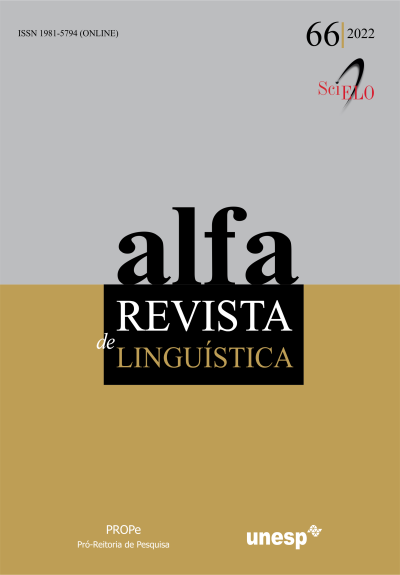Interdiscourse and memory
the metaphor and the metonymy in Pêcheux/Herbert
DOI:
https://doi.org/10.1590/1981-5794-e14408Keywords:
Metaphor, interdiscourse, metonymy, memory, transverse discourseAbstract
Based on the observation that the concepts of interdiscourse and memory are sometimes overlapped and become almost equivalent, and understanding that they cover different discursive functions, I intend to examine the issue by using the concepts of metaphor, metonymy and transversal discourse, as theorized mainly by Michel Pêcheux (2011 [1984]) in Metaphor and Interdiscourse and Thomas Herbert (PÊCHEUX, 1995a) in Remarks for a General Theory of Ideologies. I will hold the hypothesis that interdiscourse refers to metaphor, as displacement of the pre-constructed from one discursive region to another, while metonymy, as the imposition of another effect from a “part” of the discursive object, organizes, through transversal discourse, another meaning-relation network and, therefore, another axis of memory. For developing the argumentation, I will take the cases of ‘mole’ and ‘fire’ (from Michel Pêcheux) as a basis and discuss the case of ‘God’.
Downloads
Downloads
Published
How to Cite
Issue
Section
License
Copyright (c) 2022 ALFA: Revista de Linguística

This work is licensed under a Creative Commons Attribution 4.0 International License.
Manuscripts accepted for publication and published are property of Alfa: Revista de Linguística. It is forbidden the full or partial submission of the manuscript to any other journal. Authors are solely responsible for the article's content. Translation into another language without written permission from the Editor advised by the Editorial Board is prohibited.

